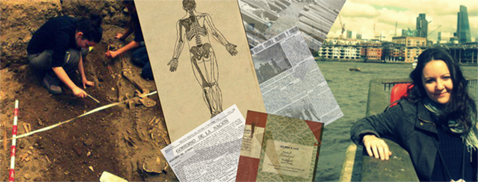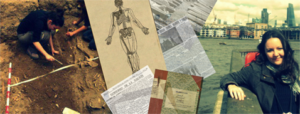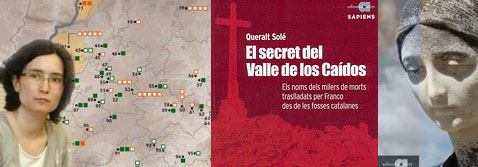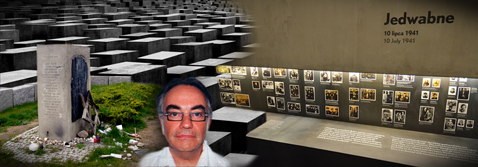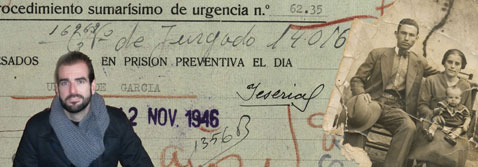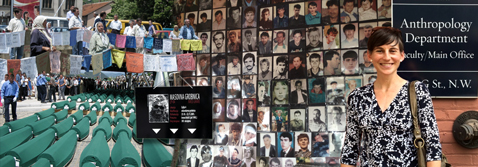Antonius Robben
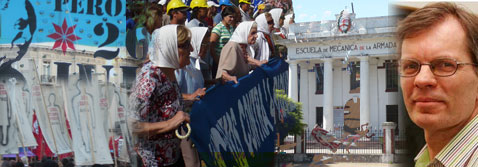
Antonius C.G.M. Robben is Senior Professor of Anthropology at the Department of Anthropology, Utrecht University, the Netherlands. He holds the Core Chair Cultural Anthropology and Latin America since 1993. He has a Ph.D. (1986) from the University of California, Berkeley, and has been a member of the Michigan Society of Fellows at the University of Michigan, Ann Arbor (1986-1989), and a research fellow at the David Rockefeller Center for Latin American Studies of Harvard University (2004). As a recipient of several National Science Foundation and Harry Frank Guggenheim Foundation research grants, he has carried out more than five years of fieldwork in Brazil and Argentina. Present Research Interests Latin America (especially Argentina and Chile), Iraq, political, historical and psychological and anthropology, fieldwork methods, political violence, dirty war and counterinsurgency, combat motivation, cultural trauma, social reconstruction after post-authoritarian rule.

